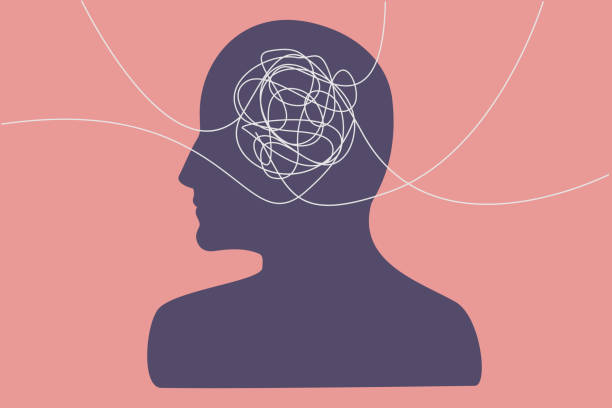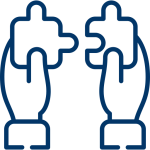About me

- Doctor in psychology specialized in Obsessive Compulsive Disorder (OCD) Collegiate member nº 11230.
- Current collaborator in the research and treatment group I´TOC at the University of Valencia.
- Master's Degree in Developments in Research and Treatment in Psychopathology and Health from the University of Valencia.
- Master's Degree in General Health Psychology from the University of Valencia.
- Bachelor´s degree in Psychology from the University of Valencia.
- Bachelor´s degree in Pharmacy from the University of Valencia.
Therapy
Cognitive Behavioural Therapy
The CBT has proved a solid empirical support along the years and could be summarized in the following key points:
- Our interpretation of a certain situation will provoke an emotional reaction that will determine our behaviour.
- Each one of us can evaluate the same situation in a different way due to different factors like: upbringing, personality, experiences, values, core beliefs…
- Our interpretations and emotions have a reciprocal relation, which means that our thoughts affect our emotions and the other way around.
- There is also a reciprocal relation between our interpretations and our behaviour, which means that our thoughts affect our acts and the other way around.
We will work together to modify some of the ways of thinking and acting that are detrimental for the person. In turn, the consequent emotional changes that we will achieve with this work, will reinforce the new way of thinking and acting.

Inference Based Therapy for OCD
The IBT is a specific cognitive therapy for the treatment of the Obsessive Compulsive Disorder with a solid empirical support and it is based on the following key points:
- Human beings perceive reality through the senses. The person with OCD mistrust the senses in the obsessive area(s)
- The previous point leads the person with OCD to a wrong inductive reasoning prioritizing remote possibilities (imagination) over reality (the world of the senses).
- With Compulsions, the person try to solve in the real world a problem that came out from imagination.
So our main goal in therapy will be to modify this wrong inductive reasoning in the OCD area(s) in order to trust the own senses again, just as the person does in the rest of the life areas.
Services
- Family therapy
- Individual adult therapy
- Couple therapy
- Child and adolescent therapy
- Psychological reports

Areas of treatment

Obsessive Compulsive Disorder

Addictions

Hypochondria

Anger self-regulation

Self-esteem problems

Social skills and assertiveness

Sexual disorders

Duel

Anxiety disorders: specific phobias, social phobia, panic disorder, generalized anxiety disorder

Eating disorders: anorexia, bulimia, binge eating disorder

Mood disorders: depression, dysthymia, bipolar disorder

Couple areas: morbid jealousy, sexual disorders, communication and conflict resolution, assistance in process of separation or divorce
Publications

Llorens-Aguilar S., Garcia-Soriano, G., Roncero, M., Barrada, J. R., Aardema, F., &O'Connor, K. P. (2019). Validation of the Spanish version of the Fear of Self Questionnaire. Journal of Obsessive-Compulsive and Related Disorders, 21, 69-74.

Llorens Aguilar, S.(2020) The context, the self and the narratives in the Obsessive- Compulsive Disorder: When what it could be becomes more relevant that what it is. (doctoral dissertation). Universitat de València, Valencia, España.

Llorens-Aguilar S., Garcia-Soriano, G., Roncero, M., Barrada, J. R., Aardema, F., &O'Connor, K. P (2020) Spanish version of the Inferential Confusion Questionnaire-Expanded Version: Further support for the role of inferential confusion in obsessive-compulsive symptoms Clinical Psychology & Psychotherapy 27(4)

Llorens-Aguilar S., Garcia-Soriano, Arnáez S., Aardema, F. and O´Connor K. (2020) Is context a crucial factor in distinguishing between intrusions and obsessions in patients with obsessive-compulsive disorder? Journal of Clinical Psychology 77(3)

Llorens-Aguilar S., Arnáez S., Aardema, F. and Garcia-Soriano, (2021)The relationship between obsessions and the self: Feared and actual self‐descriptions in a clinical OCD sample. Clinical Psychology & Psychotherapy


